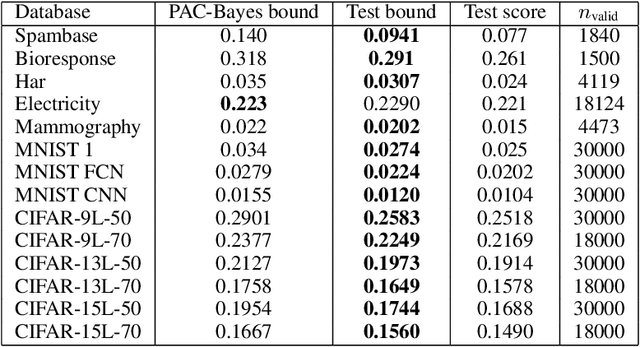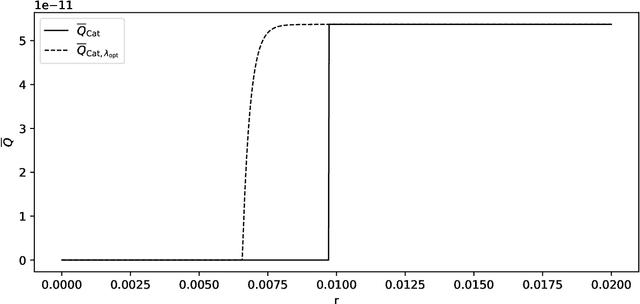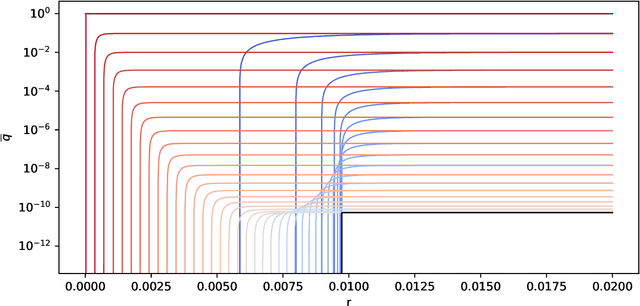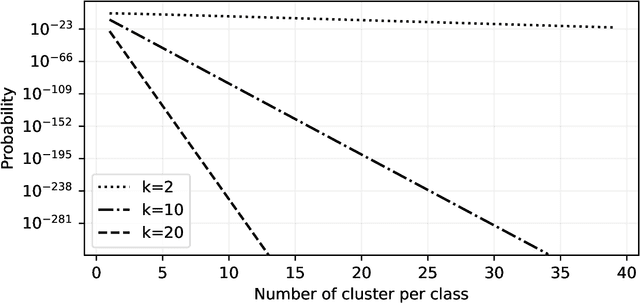Antoine Picard-Weibel
UCL, UCL-CS, Inria, Inria-London, MODAL
How good is PAC-Bayes at explaining generalisation?
Mar 11, 2025



Abstract:We discuss necessary conditions for a PAC-Bayes bound to provide a meaningful generalisation guarantee. Our analysis reveals that the optimal generalisation guarantee depends solely on the distribution of the risk induced by the prior distribution. In particular, achieving a target generalisation level is only achievable if the prior places sufficient mass on high-performing predictors. We relate these requirements to the prevalent practice of using data-dependent priors in deep learning PAC-Bayes applications, and discuss the implications for the claim that PAC-Bayes ``explains'' generalisation.
Learning via Surrogate PAC-Bayes
Oct 14, 2024



Abstract:PAC-Bayes learning is a comprehensive setting for (i) studying the generalisation ability of learning algorithms and (ii) deriving new learning algorithms by optimising a generalisation bound. However, optimising generalisation bounds might not always be viable for tractable or computational reasons, or both. For example, iteratively querying the empirical risk might prove computationally expensive. In response, we introduce a novel principled strategy for building an iterative learning algorithm via the optimisation of a sequence of surrogate training objectives, inherited from PAC-Bayes generalisation bounds. The key argument is to replace the empirical risk (seen as a function of hypotheses) in the generalisation bound by its projection onto a constructible low dimensional functional space: these projections can be queried much more efficiently than the initial risk. On top of providing that generic recipe for learning via surrogate PAC-Bayes bounds, we (i) contribute theoretical results establishing that iteratively optimising our surrogates implies the optimisation of the original generalisation bounds, (ii) instantiate this strategy to the framework of meta-learning, introducing a meta-objective offering a closed form expression for meta-gradient, (iii) illustrate our approach with numerical experiments inspired by an industrial biochemical problem.
On change of measure inequalities for $f$-divergences
Feb 11, 2022

Abstract:We propose new change of measure inequalities based on $f$-divergences (of which the Kullback-Leibler divergence is a particular case). Our strategy relies on combining the Legendre transform of $f$-divergences and the Young-Fenchel inequality. By exploiting these new change of measure inequalities, we derive new PAC-Bayesian generalisation bounds with a complexity involving $f$-divergences, and holding in mostly unchartered settings (such as heavy-tailed losses). We instantiate our results for the most popular $f$-divergences.
 Add to Chrome
Add to Chrome Add to Firefox
Add to Firefox Add to Edge
Add to Edge